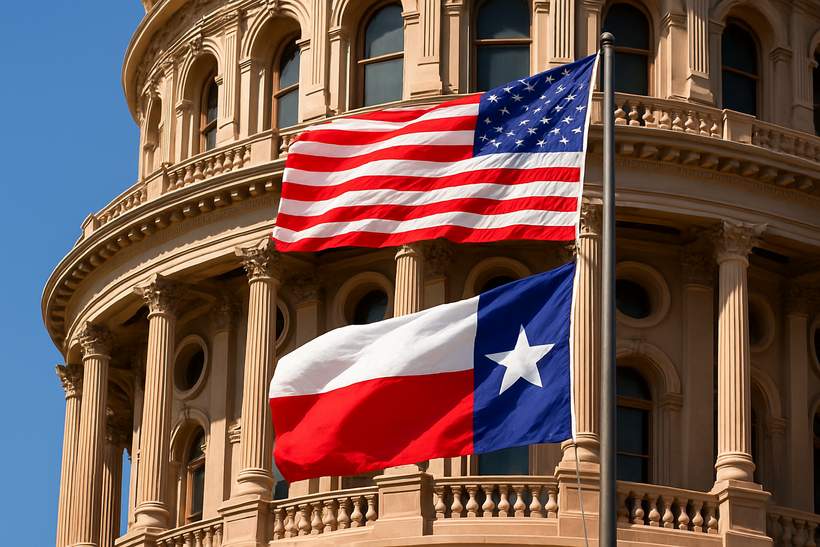Casino Industry Injects Millions into North Texas Senate Race

Major Casino Investment in North Texas Senate Election
The casino sector is heavily investing in a key Texas Senate special election, transforming what was once a quiet contest into one of the most closely followed political events in the state.
Significant Funding Supports Republican Candidate John Huffman
John Huffman, a Republican and former mayor of Southlake, is running in the special election for Texas Senate District 9 on November 4. His campaign has received substantial financial backing from groups associated with Las Vegas Sands, a global casino enterprise owned by Dr. Miriam Adelson.
According to Texas campaign finance reports, the Texas Sands PAC, representing Las Vegas Sands’ political interests, contributed $500,000 to Huffman’s campaign in late September. Additionally, the Texas Defense PAC, largely funded by Adelson, has spent close to $600,000 on advertisements supporting Huffman. Combined, these contributions amount to roughly 94% of Huffman’s campaign funding, as noted by Texans for Fiscal Responsibility.
Observers interpret this casino-linked funding surge as a strategic move by Las Vegas Sands to build influence in Austin, Texas’s political heart, following years of unsuccessful attempts to legalize casino gambling statewide. The company’s efforts are viewed as part of a broader plan to strengthen their position ahead of future legislative initiatives.
Special Election Highlights Broader Debate on Casino Gambling in Texas
Las Vegas Sands has been advocating for resort-style casinos in Texas for several years, arguing that such developments would generate considerable tax revenue and employment opportunities while retaining gambling expenditures that currently flow to neighboring states like Oklahoma and Louisiana. The company operates major casino resorts in locations such as Macau and Singapore and seeks to establish a flagship facility near Dallas.
John Huffman describes himself as a fiscal conservative and maintains that decisions regarding gambling expansion should be left to Texas voters rather than legislators. He supports restricting casino growth to a limited number of licensed resort sites and opposes the widespread placement of slot machines and unrestricted electronic gaming due to their potential harm to communities.
In contrast, Huffman’s Republican opponent Leigh Wambsganss firmly opposes any expansion of gambling in the state. She warns that the influence of casino money is distorting the electoral process and urges voters to be cautious about candidates backed predominantly by wealthy special interests. Wambsganss denies any involvement in her husband’s previous gaming business ventures, challenging critics who associate her family with the industry.
This special election to fill the vacancy left by former Senator Kelly Hancock has become a symbolic battle over the future of gambling in Texas. As early voting begins on October 20, both sides portray the contest as a referendum on whether the state’s traditional resistance to casino gaming will hold firm or yield to pressure from one of the world’s most powerful gaming corporations.